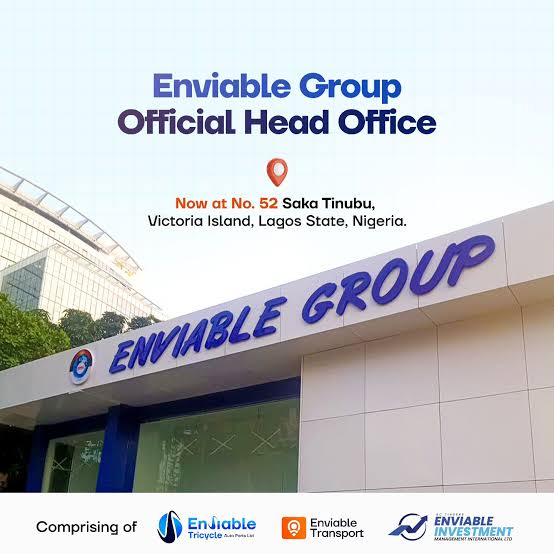
On Thursday, 2nd October 2025, Hon. Justice James Omotosho of the Federal High Court, Abuja, delivered a landmark judgment in the suit filed by Belema Briggs and other concerned citizens challenging President Bola Ahmed Tinubu’s declaration of a state of emergency in Rivers State and the consequential suspension of its elected democratic structures.
The defendants had raised a preliminary objection to the competence of the suit. Justice Omotosho upheld the objection in its entirety. Nevertheless, in an unusual exercise of judicial prudence, the Court went further to consider the substantive issues in case its findings on the objection were wrong. Ultimately, even on the merits, the judgment went against the plaintiffs.
Issues for Determination
The Court distilled four central issues from the parties’ processes:
1. Whether the Federal High Court had jurisdiction to entertain the matter.
2. Whether the plaintiffs had locus standi.
3. Whether the conditions for emergency rule existed in Rivers State.
4. Whether the President acted lawfully in suspending the elected Governor of Rivers State.
The Court’s Findings:
1. Jurisdiction
The Court held that only the Supreme Court possesses jurisdiction to pronounce on the validity of an emergency proclamation under Nigeria’s constitutional framework. Consequently, the Federal High Court lacked jurisdiction.
2. Locus Standi
Relying on the Supreme Court’s recent decision in Okonjo-Iweala v Fawehinmi, the Court reiterated that public interest litigants must demonstrate a peculiar injury beyond what is suffered by the general public. As the plaintiffs failed to establish such standing, they were disqualified.
3. Necessity of Emergency Rule
Justice Omotosho accepted the President’s justification under section 305 of the 1999 Constitution, citing the Supreme Court’s earlier finding that Rivers State had effectively ceased to function as a government when the Governor sidelined the legislature. The Court held that the proclamation and presidential broadcast sufficed as constitutional basis for the emergency.
4. Suspension of Democratic Structures
On the controversial question of suspending the Governor, the Court reasoned that allowing them to remain alongside an appointed Administrator would have escalated conflict. It therefore concluded that the President did not remove them but only suspended them for the duration of the emergency.
Final Order:
All issues were resolved against the plaintiffs. The suit was dismissed.
Observations
This judgment underscores a sobering constitutional reality: once emergency rule is declared and state structures are suspended, the scope of judicial review is virtually extinguished. The Court’s reasoning suggests that:
Only governors or legislators may arguably claim standing, yet even they may not validly invoke the Supreme Court’s original jurisdiction in such matters.
No appointed Administrator would logically consent to a challenge against his own tenure.
Thus, under current law and precedent, emergency proclamations accompanied by suspension of democratic institutions appear shielded from successful challenge. In my observation, perhaps controversially, this state of affairs makes such proclamations almost unassailable “until Jesus comes.”
The Certified True Copy (CTC) of the judgment has been requested. A fuller scholarly critique will be undertaken for the benefit of law students, practitioners, and the wider public.
M.O. Ubani, SAN
Was live in Court.






